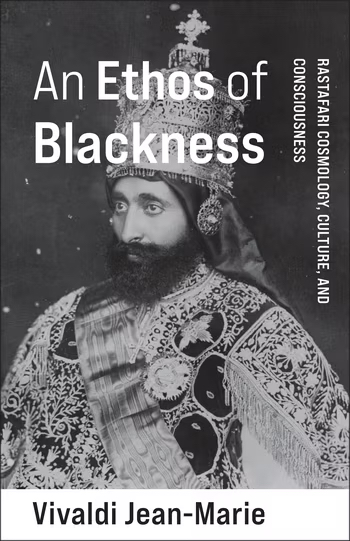An Ethos of Blackness. Rastafari Cosmology, Culture, and Consciousness
Rastafari is an Afrocentric social and religious movement that emerged among Afro-Jamaican communities in the 1930s and has many adherents in the Caribbean and worldwide today. This book is a groundbreaking account of Rastafari, demonstrating that it provides a normative conception of Blackness for people of African descent that resists Eurocentric and colonial ideas.










